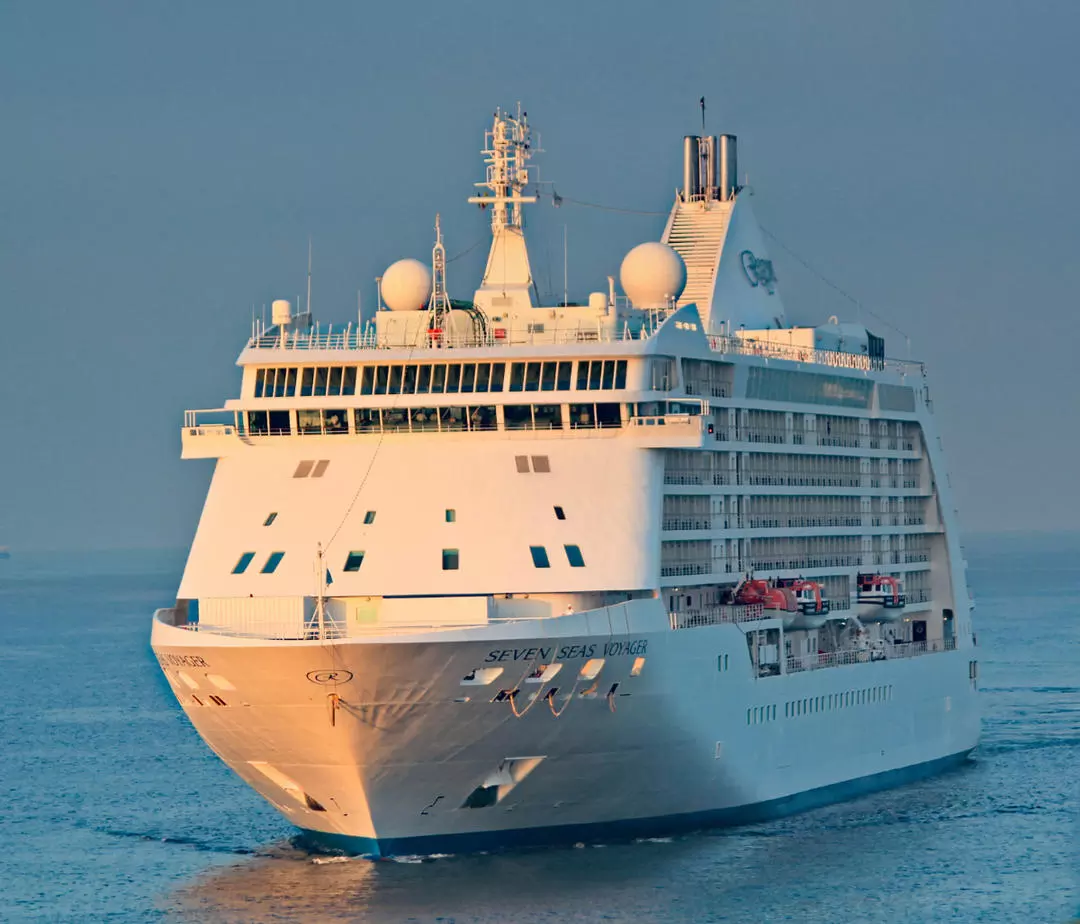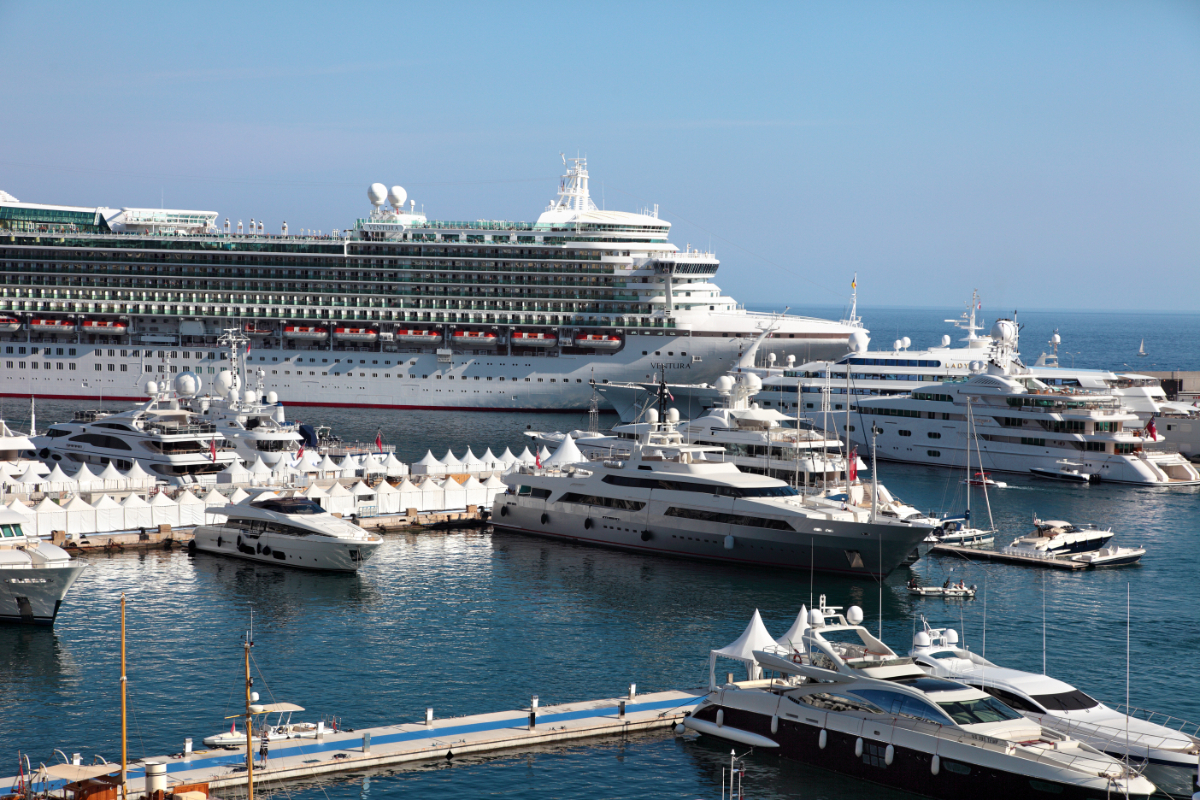This article focuses on ensuring public safety on ferries - find out what you need to know about health and safety concerns.
Stay In Clear View & Don't Block Doorways
When choosing to go on a ferry trip, it's important to adhere to simple rules for the sake of public safety - including staying in a visible location and not blocking doorways. Being in clear sight allows crew members to quickly account for all passengers in case of emergencies. Moreover, your quick accessibility is assured which could prove vital if unfortunate circumstances arise.
Furthermore, doorways, stairways, and exits on the ferry should not be blocked; these are critical escape routes needed in case of an emergency evacuation. Regarding your personal items, it's important to store large bags and luggage responsibly. These items should not block passageways or create tripping hazards. The ferry usually provides designated storage areas for your belongings, which is the best place to keep them during your journey.
As significant as safety measures are during your trip, they remain equally important during boarding. Maintain a respectful queue, remain visible, and avoid obstructing any exits. Abiding by these basic safety measures will not only ensure your well-being, but it will also contribute to a smooth and enjoyable ferry ride. Adhering to these tips can significantly improve your travel experience.
All Passengers Must Be Present & Accounted For
For everyone's safety while travelling on ferries, a fundamental requirement is to ensure all passengers are properly recognized and accounted for.
Not only does this practice uphold the ferry's safety standards, but it also establishes vital accountability for all individuals onboard. A principal directive that passengers must always remember is not to stay within their vehicles during the trip.
This guidance isn't just to ensure comfort but also safety. Should an unexpected situation arise, the crew must be able to pinpoint your whereabouts quickly and effectively to guarantee your well-being.

As a significant safety measure, staff members must know the location of every individual onboard. Upon boarding the ferry, it's not only just a polite gesture but also a crucial necessity to inform a staff member of your arrival. This isn't just standard protocol, but a necessary step in the preservation of safety.
Additionally, a complete passenger declaration is mandatory - this includes providing an accurate count of the individuals travelling with you at the time of booking or checking in. Distortion or underreporting of a passenger count can result in improper distribution of safety resources, which threatens the security of everyone involved. Following these important public safety guidelines on ferry rides is important in ensuring a safe, worry-free journey for everyone.
Keep The Ferry Clean & Sanitised
Maintaining cleanliness on a ferry is vital for public safety. It's important that each individual takes responsibility for keeping the ferry clean and sanitised. This includes not dropping litter and making use of the bins provided for rubbish disposal.
A clean environment doesn't just create a more enjoyable journey for everyone; it also significantly helps to reduce the risk of attracting pests or the spread of diseases. Personal hygiene also plays a significant role in preserving a safe and healthy environment whilst aboard. It's advised that passengers often wash their hands or use the hand sanitisers that are provided onboard. These simple practices can remarkably cut down the spread of germs.
Keep Hold Of The Handrail
Keeping a firm grip on handrails while on a ferry significantly contributes towards public safety. The importance of holding onto these handrails is frequently understated, but it's vital to remember that many unfortunate incidents on ferries are a consequence of slips, stumbles and falls.
Making sure that you have a secure hold on the handrail becomes even more essential when the ferry is moving.
Whether you're wandering around the deck, going up or coming down the stairs, or just generally being active on the vessel, it's important to use the handrails to keep your balance.

Due to elements like moisture or wet conditions, ferry floors can sometimes become slippery. This, coupled with the vessel's motions, can create a challenging environment for maintaining balance and avoiding accidents.
The simple act of gripping the handrail firmly can help keep you steady on your feet; minimising the potential risk of incidents or mishaps. Therefore, for your safety and that of fellow passengers, remember to always hold onto the handrail while on a ferry.
Safety Check For Diseases Like Legionella
Legionella is a specific type of bacteria, identified as gram-negative, and primarily consists of the species known as L. pneumophila; it's responsible for causing illnesses collectively referred to as legionellosis. This harmful bacteria tends to grow and multiply rapidly within the water systems in buildings. From these systems, the water carrying Legionella can then get dispersed in minute droplets that people may inadvertently inhale.
The diseases these bacteria can induce include Legionnaires' disease, a severe form of pneumonia, and Pontiac fever, a lighter condition that resembles the flu. These diseases typically manifest initially with signs like headaches, chills, and high body temperature; as the infection progresses, additional symptoms such as coughing, shortness of breath, chest pain, and confusion may follow.
It's crucial to seek medical help immediately if you start exhibiting these symptoms. Regarding public safety on ferries, it's important to regularly control and mitigate risks such as Legionella. This is a type of bacteria that naturally resides in freshwater environments.
Yet, when it thrives in man-made water systems like those present on ferries, it can pose a significant health risk. It's important to perform regular Legionella testing on water systems onboard ferries. Regular checks help ensure that the bacteria has not contaminated the systems. For passengers, it's advised to drink bottled water and refrain from consuming tap water that has not been boiled beforehand; this is an effective way to prevent the ingestion of potentially contaminated water.
Additionally, it's crucial to equip crew members with the necessary skills and knowledge to identify and handle possible outbreaks of Legionella. Equipped with the knowledge to mitigate these risks, crews can respond effectively and quickly to ensure public safety. These tips guarantee not only a secure journey but also facilitate a pleasant and uninterrupted travel experience. By constantly sticking to these tips, passengers can significantly contribute to their safety and the safety of others.

